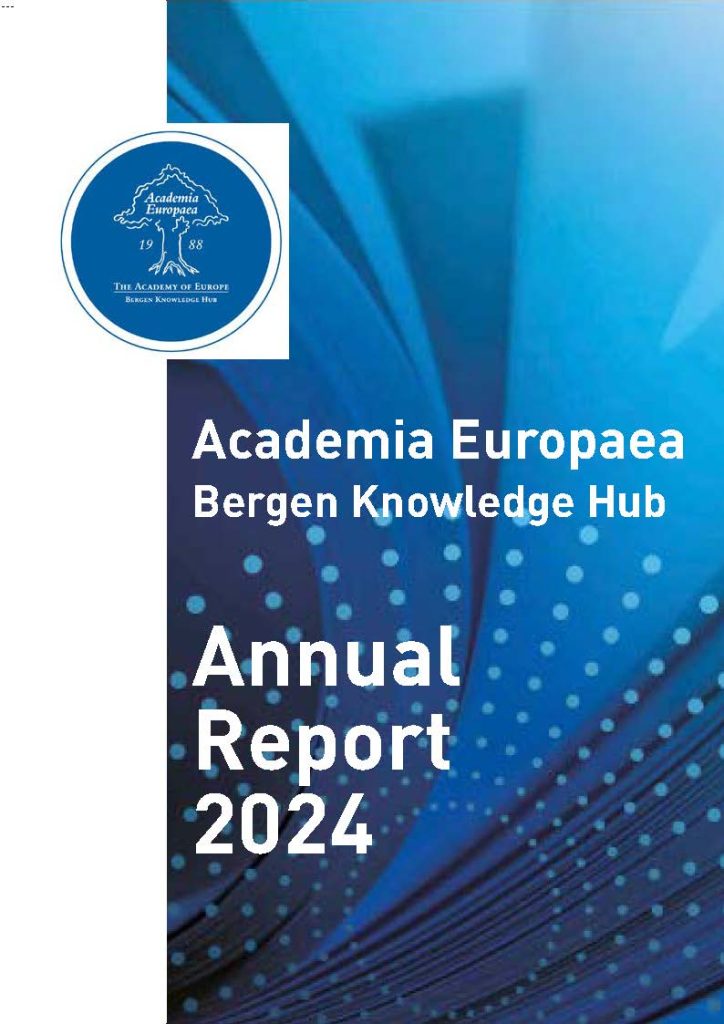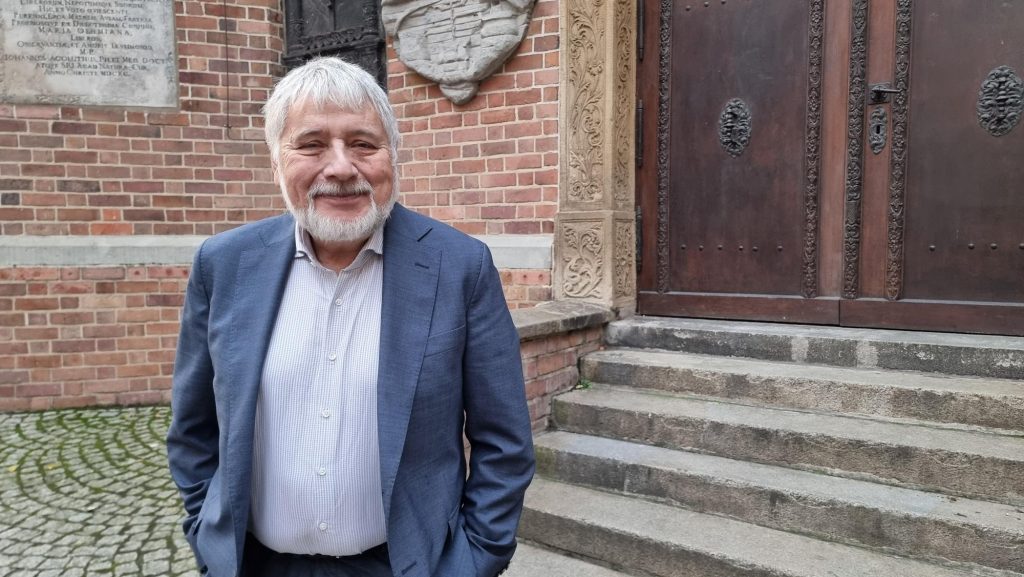Darwin Day & Horizons lecture:
The first planet in another solar system was discovered in 1995 and raised existential questions: Are we alone? Could humans thrive on other planets? How can we detect life or assess habitability? In this lecture, Professor Carina Persson, professor of astrophysics and head of Chalmers Exoplanet Group, will provide an overview of the field, describe the current frontiers, and paint an outlook of the discoveries to come with better observational capacity.
The lecture starts at 16.15, on Wednesday 12th of February 2025 in Egget at Studentsenteret.

The lecture (held in english): Life on other planets – The search for habitable planets in other solar systems
The first planet in another solar system was discovered in 1995 and immediately raised existential questions: Are we alone? Could humans thrive on other planets? How can we detect life or assess habitability?
The first exoplanet, a planet that orbits another star than our sun, was seen from Earth as late as 1995 by Michel Mayor and Didier Queloz and earned them a shared Nobel Prize in Physics. Before their breakthrough, it was believed that all planets and systems would look like our own. But the first planet was an unexpected new type.
In the decades that followed, enormous efforts have been made to detect and characterize exoplanets with both dedicated space missions and ground-based facilities. Now almost 6000 exoplanets have been found, and the two most common types of planets have no counterparts in our own solar system. Further, no exoplanet system with similar architecture to our own has so far been detected.
This has led to a dramatic change of our understanding of planets and planetary systems: there is an enormous diversity of exoplanets and system architectures.
It is, however, extremely difficult to observe exoplanets: most often they are seen as faint dips in a star’s brightness as the planet passes in front. The smaller the planet the harder it is to document, and very few of those have been well characterized. There is still an observational bias so that the full diversity of exoplanets has not yet been explored and explained.
Future space missions and development of state-of-the-art spectrographs mounted on ground-based facilities promise new discoveries. There is hope that these will reveal the true breadth and variability among exoplanets. A fundamental challenge is investigations of planet atmospheres, which are key to inferring habitability and the search for extraterrestrial life.
In this talk, professor Carina Persson will provide an overview of the field, describe the current frontiers, and paint an outlook of the discoveries to come with better observational capacity.
Is our planet unique? Or is the current lack of Earth-like planets only a matter of detection bias? Can this question be answered by future missions?
Everybody is welcome! Light refreshments will be served from 15.45. The lecture starts at 16.15, on Wednesday 12th of February 2025 in Egget at Studentsenteret. Find the event on Facebook. See poster from Darwin Day 2025 in Bergen.
Professor Carina Persson
Carina Persson is professor of astrophysics and head of Chalmers Exoplanet Group at Chalmers University of Technology in Gothenburg, Sweden. Her research is focused on discoveries of new exoplanets in transit photometry surveys by space telescopes (Kepler, TESS, CHEOPS, and the future PLATO mission), and characterization using follow-up observations from ground-based facilities.
Organisers
This lecture is a joint event organised by the Horizon Lecture Committee at the Faculty of Natural Sciences and Technology, the Darwin Day Committee at the Department of Biological Sciences, and Academia Europaea Bergen Hub. The lecture receives economic support from Selskapet til Vitenskapenes Fremme.





